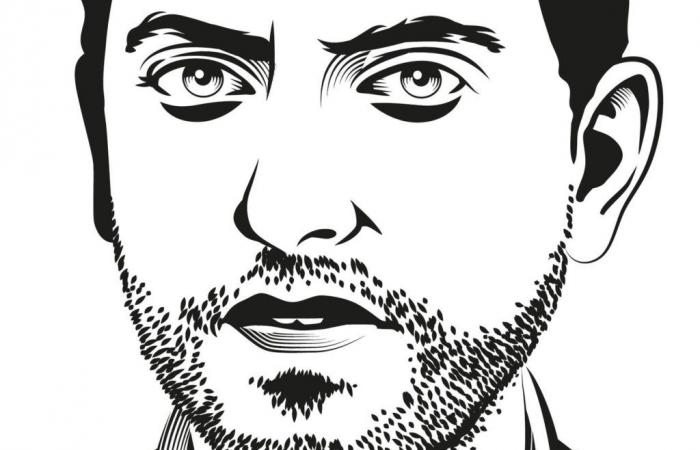Thibault Raisse, independent journalist and author of Midnight idiot. The true story of Gérard de Suresnes (Denoël, 272 pages, 20 euros), explains, through the journey of Gérard Cousin, a homeless man who became a radio star, how the free broadcasts of the 1990s changed the history of FM.
Why did you choose to write a book about Gérard Cousin, who found fame on Fun Radio at the end of the 1990s?
At that time, I was a listener to Max's show on Fun Radio, where Gérard spoke. But then I moved on. I thought about it again in 2015, at the time of the November 13 attacks, which I covered for The Parisian : the announcer at the Stade de France was Max, he was the one who prevented the situation from degenerating and who reassured people. Reading his portrait in Liberation, I wondered what had become of Gérard. I found out he died young [en 2005, à 43 ans]in poverty and solitude. How was it possible that this guy, whom I considered a star, was buried in the paupers' ward?
I wanted to understand this decline and write the biography of a “prole”, one who did not succeed. I wanted to tell the life of someone born in poverty and died in poverty. Explain what it means to be a Ddass kid [direction départementale des affaires sanitaires et sociales] born in the 1960s. It is, in essence, a portrait of a France that we never talk about.
How to explain the enthusiasm around this show?
In these free antennas, all the sliders were pushed to the maximum. During “Lovin' Fun,” for example, we talked about his heart and sexual problems. The most extreme expression of this free broadcast, where anything can happen, was “Les Débats de Gérard”, the name of his show, which lasted between 1996 and 2002. He is the kind of guy that 'we filter on the standard and there, we will let it go on the air and highlight it. It is contact with a world that we ignore, which we can call “the France of bistros”, and which has nothing to do with the listeners of these radio stations.
Why are free radio broadcasts such a generational marker?
In themselves, these broadcasts represent a transgression. For example, “Lovin' Fun” is the adaptation of an American show where listeners talk about sex in the words of young people, with two hosts, a doctor and a young person who makes jokes. There is total freedom of tone. Also with a very rock musical program: it's still the era of grunge and Nirvana. This creates a unifying state of mind, which goes beyond the show. It's a standard.
You have 49.27% of this article left to read. The rest is reserved for subscribers.







